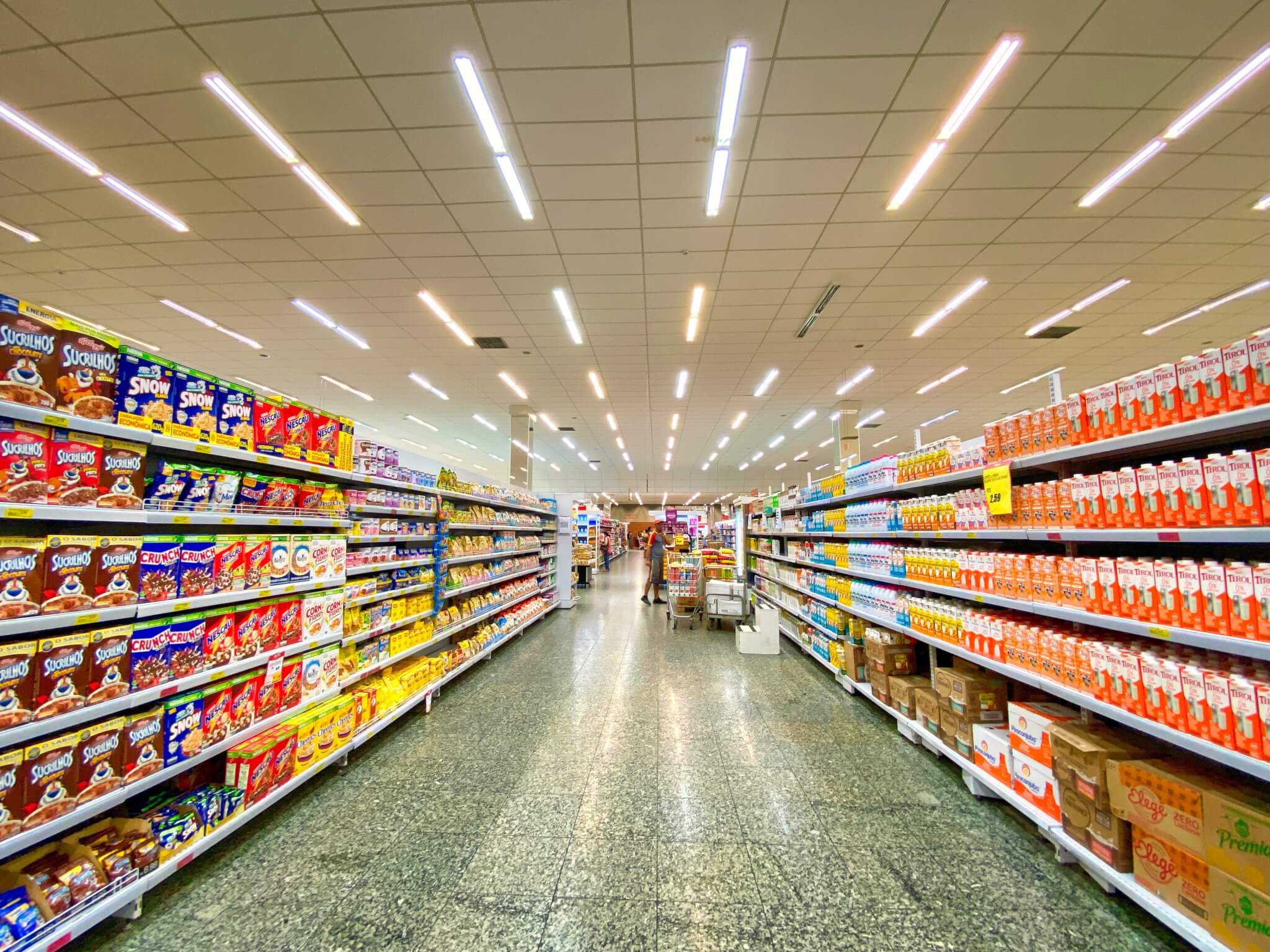Over decades, governmental health authorities have created standards and regulations to establish what can and cannot be added to food and medicines, so that consumers can be assured that they are receiving reliable and safe products.
In order to take care of this extremely important task, governmental regulatory institutions have also been created, specifically dedicated to consumers health and safety, as well as to ensure that the food, beverages and medicines they want to consume fully comply with the benefits that companies claim. In order to achieve these purposes, the regulatory institutions exercises a strong control on the products put in the market, inspection the food and beverage industries to ensure that safety standards and quality control are complied, from the raw material to the product that reaches the consumer.
In Brazil, the main regulatory authorities in the food sector are ANVISA, National Sanitary Surveillance Agency, o MAPA, Ministry of Agriculture, Livestock, and Supply, and DNPM, National Department of Mineral Production.
Learn more about the regulatory authorities for the food and non-alcoholic beverages sector:



